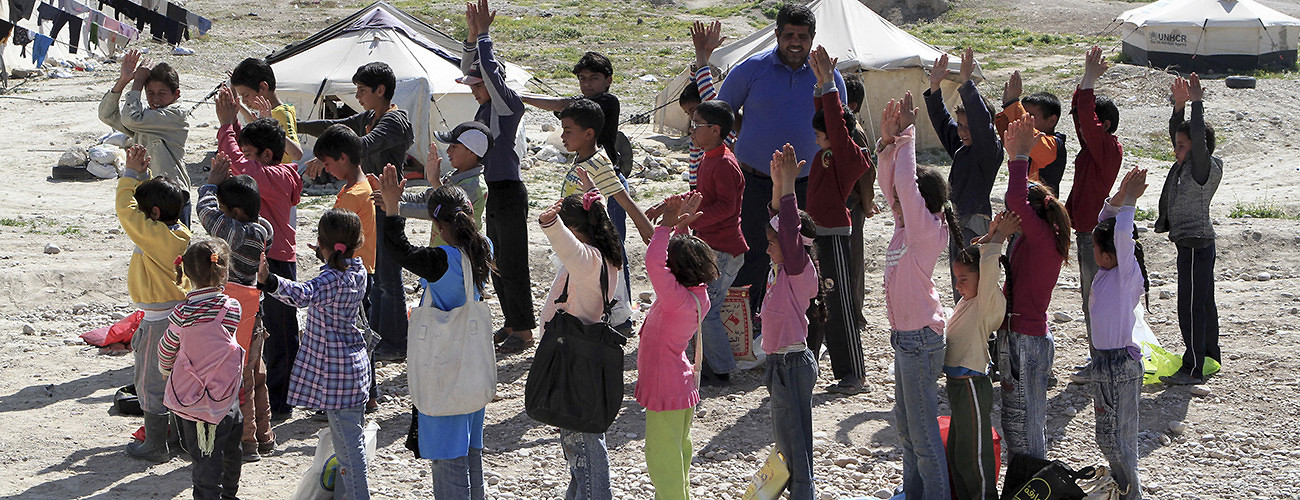Approximately 40 percent of school-age Syrian refugees in Jordan are not getting an education. As the Syrian war has entered its fifth year and humanitarian actors seek to bridge short-term humanitarian assistance with longer-term development goals, about 80,000 Syrian refugees in Jordan are still falling through the cracks when it comes to education.
This new report assesses the state of education for Syrian refugees in Jordan. It finds that despite generous efforts by the Jordanian government, the UN, and nongovernmental organizations to provide quality education for Syrian refugees, five significant impediments remain:
- economic barriers in the education system and in Syrian refugee households,
- legal and regulatory obstacles to school enrollment,
- educational divides between Syrian and Jordanian students,
- social tensions in schools, and
- competing priorities for refugee households.
The author suggests a number of entry points for overcoming these obstacles. For example, improving employment opportunities for refugee parents would create the conditions at home that enable children to be sent to school. This could include granting Syrian refugees limited permits to work in certain jobs where they would not compete with the Jordanian labor force. In addition, easing refugees’ registration requirements or issuing an international document that grants access to basic services could facilitate more regular enrollment in education.
Improved education for Syrian refugees is not just an end in itself, the author argues. While endowing refugees with knowledge that they can bring home when their country is ready to rebuild, better education for Syrian refugees will also contribute to stability and development in Jordan at a time when the host country seeks to remain a source of peace in a volatile region.
Related Report:
Educating Syrian Youth in Jordan: Holistic Approaches to Emergency Response










